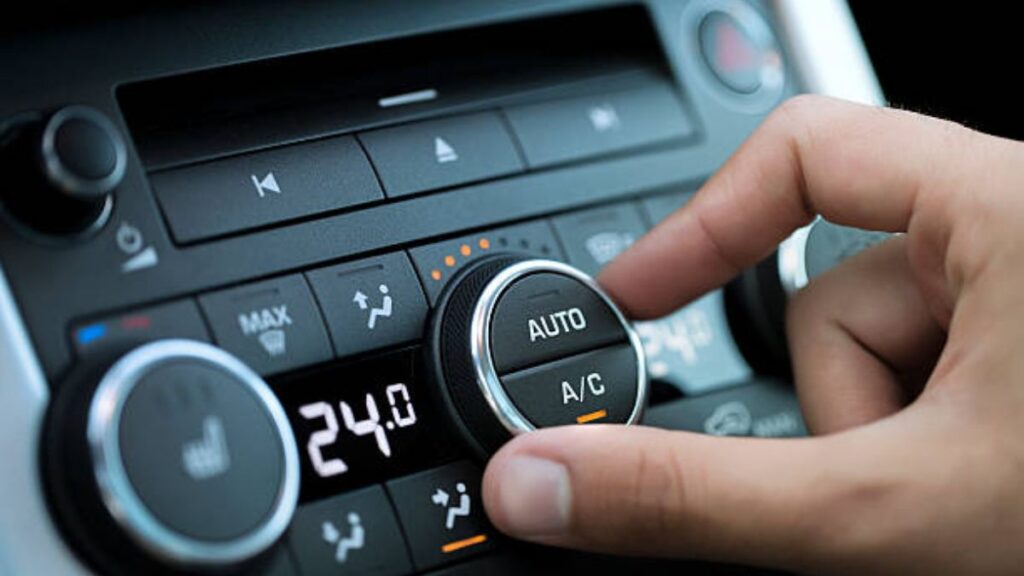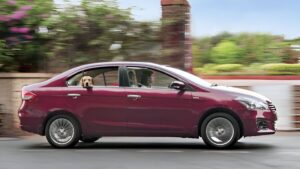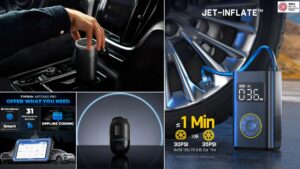Does Your Car AC Really Impact Fuel Usage? Let’s Find Out

On a sweltering summer day, stepping into a car without air conditioning can feel unbearable. The relief of cool air blowing through the vents is often considered a necessity rather than a luxury. But as fuel prices fluctuate, many drivers wonder: Does running the AC significantly impact fuel consumption?
The Science Behind Car AC and Fuel Consumption
To understand the effect of air conditioning on mileage, it’s essential to look at how the system works. A car’s AC relies on a refrigerant that absorbs heat from the cabin and expels it outside. This process is only possible because of the compressor, which requires additional power from the engine to function. Since the engine has to work harder to keep the AC running, fuel consumption inevitably increases.
While the exact impact varies depending on several factors, studies have shown that running the air conditioner on full blast can reduce fuel efficiency noticeably. If a car can travel 600-625 kilometers on a full tank without AC, turning it on could lower that range to around 500 kilometers.
Factors That Influence AC’s Effect on Mileage
The extent to which AC usage affects fuel consumption depends on:
- Engine Size: Larger engines, such as V6, V8, or V12, can handle the extra load more efficiently than smaller four-cylinder engines. However, fuel usage still increases regardless of engine size.
- Traffic Conditions: Stop-and-go traffic is where AC usage hits fuel economy the hardest. Constant braking and acceleration put extra strain on the engine, making it work harder to maintain cooling and speed.
- Outside Temperature: In extreme heat and humidity, the AC system needs more energy to cool the car, further increasing fuel consumption.
- Driving Speed: At lower speeds, rolling the windows down might be a better alternative to using AC. However, on highways, open windows create drag, reducing aerodynamics and fuel efficiency. In such cases, using the AC may be a better option.
ALSO READ | Maximizing Health and Comfort in Your Car with a Humidifier: A Universal Guide
Finding the Right Balance
For fuel-conscious drivers, the best approach is to use AC strategically. On hot days, try parking in shaded areas or using sunshades to keep the car cool before turning on the AC. When driving at city speeds, consider rolling the windows down instead of cranking up the AC. However, on highways, keeping the windows up and using the AC moderately might be the smarter choice.
While the comfort of a cool car is undeniable, being mindful of AC usage can help strike a balance between staying cool and saving fuel.







